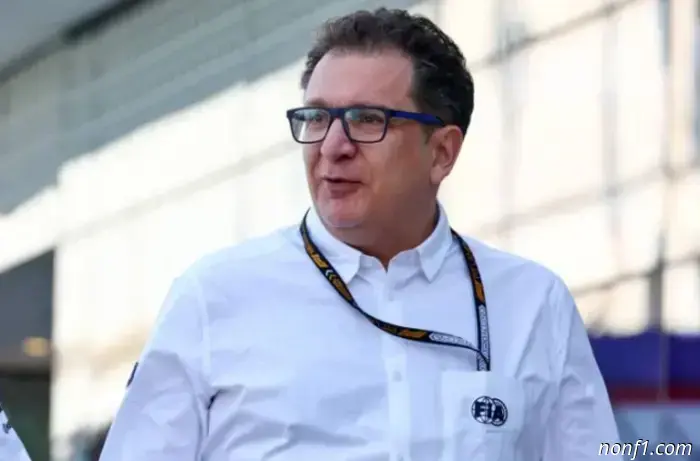
Nicholas Tombasis on the prospects of a return to V10 engines
During the Chinese weekend, Nicolas Tombasis, FIA director of single-seater racing, spoke in more detail about possible scenarios related to the topic of a return to naturally aspirated V10 engines, and why it is now rising at all.
According to Tombasis, the main reason is the desire to reduce cost growth, since hybrid power plants based on 1.6–liter turbo engines remain very complex and expensive.
"Of course, progress in the field of environmentally friendly fuels has led to the idea that engines could possibly be simpler," Tombasis explained. "The situation in the global economy makes us think that we should probably try to find a way to further reduce costs, because current power plants are too expensive. That's a fact.
We would like to make them cheaper, so the FIA president started talking about V10 engines for 2028 or more. We are currently analyzing this together with engine builders, and we can talk about 2029 or any other date. Together with them, there is an open discussion about what might be the best direction of development for our sport."
Tombasis also explained that in the context of this discussion, the topic of the new technical regulations, which comes into force in 2026, was also raised: if a consensus is reached on the topic of returning to V10 engines in 2028, then perhaps it would be more logical to abandon the transition to new-generation power plants and continue using existing engines up to before the new atmospheric V10s.
But there is a very serious obstacle here.: The Audi factory team, which will make its Formula 1 debut next year, does not have such a power plant. Some other engine manufacturers have already fully switched to preparing for 2026, and they no longer have enough spare components to continue working with current generation engines.
Tombasis stressed that the FIA has no particular preferences in favor of one scenario or another, and the federation will be in solidarity with any decision that the teams and engine suppliers make together. Moreover, their unanimous support is required to adjust the plans for 2026.
"Any changes, depending on which regulation is adopted, require a broad consensus," he said. "We do not make any decisions unilaterally, we do not impose our position, we discuss it with the manufacturers of power plants."
When Tombasis was asked about the possibility of abandoning the transition to a new generation of engines planned for 2026, he said: "We do not want to propose any scenarios in which it will be impossible for one or another participant in the championship to compete on equal terms with the rest.
Most importantly, our responsibility is to ensure fair conditions for everyone, because people invest a lot of money. If nine people vote in favor and one person votes against, it means that they will be treated unfairly, and we will always side with that one person.
We will not join the majority, we will try to reach a full consensus, and if this fails, then everything will remain as it is."
Other articles
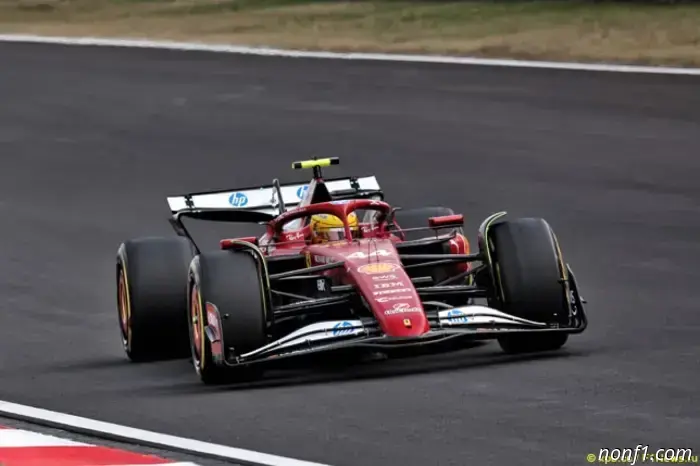 Lewis Hamilton is also facing disqualification.
After the finish of the Chinese Grand Prix, it turned out that not only Charles Leclair's car did not comply with the technical regulations, but also the car of his team-mate Lewis Hamilton.
Lewis Hamilton is also facing disqualification.
After the finish of the Chinese Grand Prix, it turned out that not only Charles Leclair's car did not comply with the technical regulations, but also the car of his team-mate Lewis Hamilton.
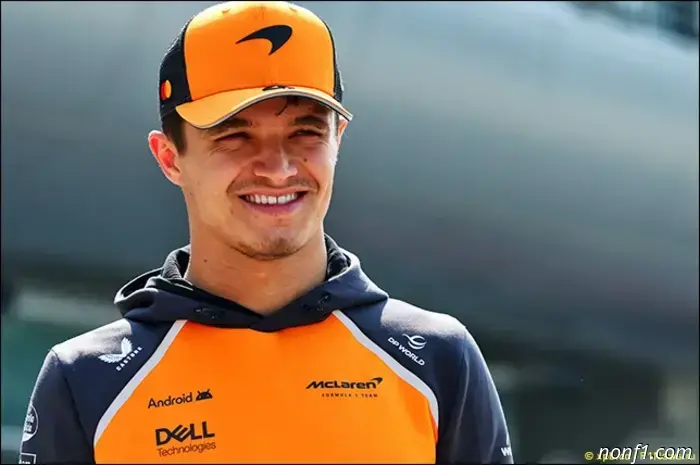 50 minutes before the start: Lando Norris' comment
Lando Norris starts third in Shanghai and aims to win…
50 minutes before the start: Lando Norris' comment
Lando Norris starts third in Shanghai and aims to win…
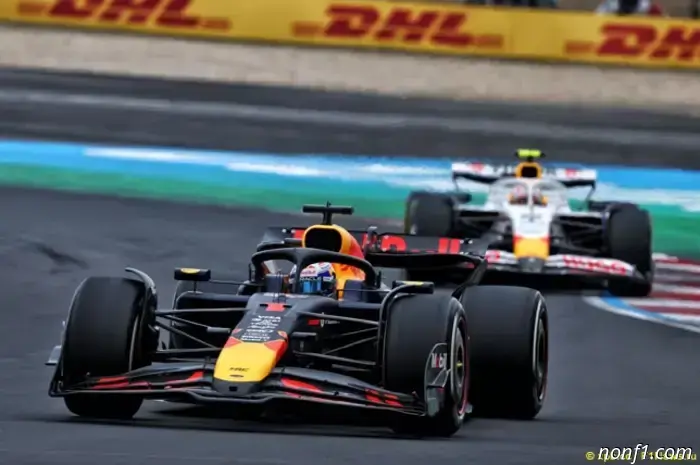 Red Bull is holding an emergency meeting
Red Bull Racing is holding an emergency meeting next week where the team will discuss the poor start to the season.
Red Bull is holding an emergency meeting
Red Bull Racing is holding an emergency meeting next week where the team will discuss the poor start to the season.
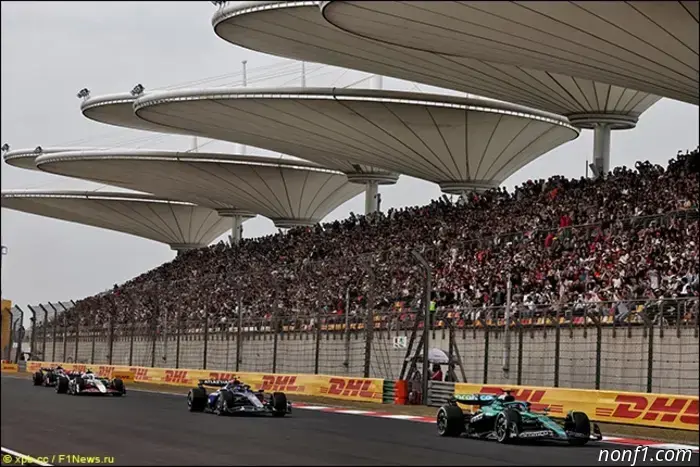 Lance Stroll: I was hoping for one pit stop.
In Shanghai, the Aston Martin team did not score points – Fernando Alonso pulled out due to brake problems, and Lance Stroll finished the race 12th.…
Lance Stroll: I was hoping for one pit stop.
In Shanghai, the Aston Martin team did not score points – Fernando Alonso pulled out due to brake problems, and Lance Stroll finished the race 12th.…
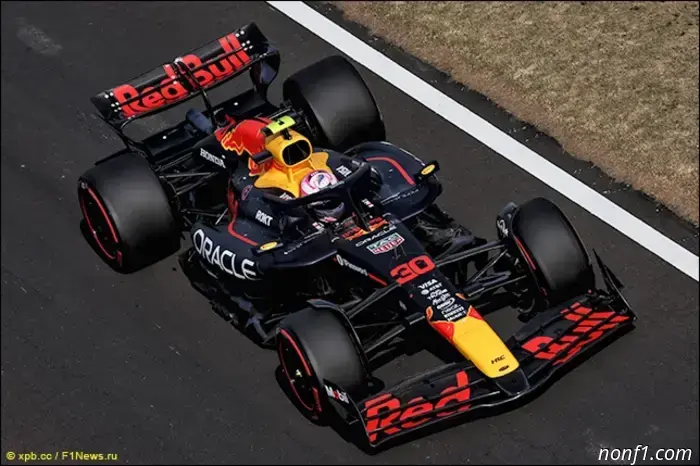 Liam Lawson starts from the pit lane
The Red Bull Racing rookie performed poorly in qualifying, and will start from the pit lane.
Liam Lawson starts from the pit lane
The Red Bull Racing rookie performed poorly in qualifying, and will start from the pit lane.
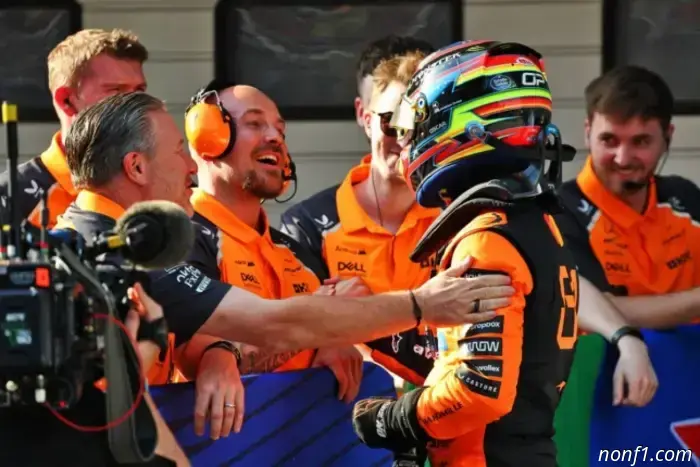 Zach Brown: Pole position is crucial on this track.
Zach Brown, commenting on Saturday's results, noted not only Oscar Piastri's pole position, but also George Russell's successful performance, as well as Lewis Hamilton's first victory behind the wheel of a Ferrari...
Zach Brown: Pole position is crucial on this track.
Zach Brown, commenting on Saturday's results, noted not only Oscar Piastri's pole position, but also George Russell's successful performance, as well as Lewis Hamilton's first victory behind the wheel of a Ferrari...
Nicholas Tombasis on the prospects of a return to V10 engines
FIA Director of Single-seater Racing on a possible return to V10 engines...
